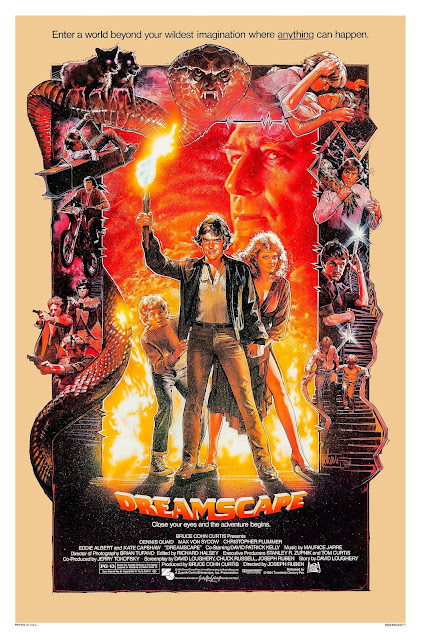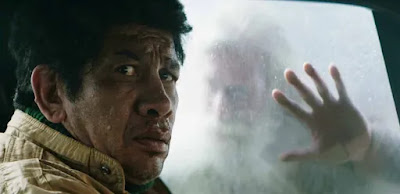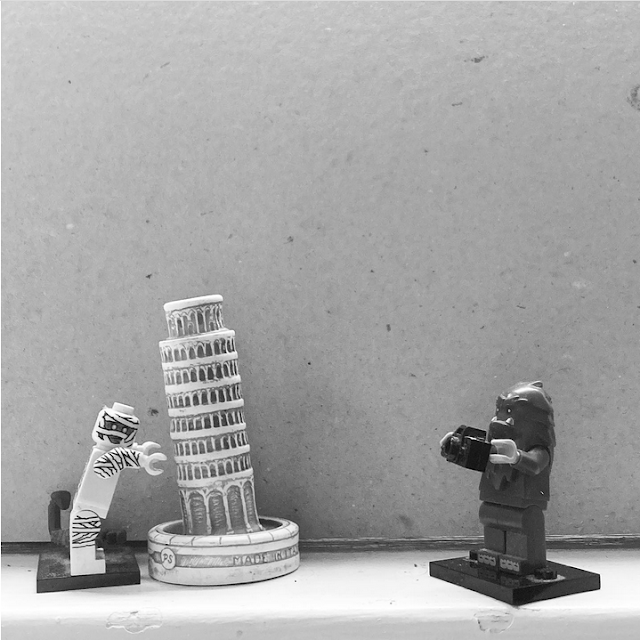Murders in the Zoo
Director ~ A. Edward Sutherland
Writers ~ Philip Wylie, Seton I. Miller, Milton Herbert Gropper
1933, US
Stars ~ Charles Ruggles, Lionel Atwill, Gail Patrick
A murder melodrama with serious outré inclinations with our bad guy Charles Atwell stopping just short of the ham that Tod Slaughter would have thrown in. He’s a sadist bumping off anyone he suspects of having designs on his wife, Evelyn; but also, masochistic where he seems to get off on her hatred for him. His toxic patriarchal masculinity is synonymous with the primal nature of the animals – his collection, his trophies – that he only sees these “beasts” in terms of in terms of “they love, they hate, they kill”; he sees no nuance in them for he is a psychopath. There’s genuine pre-code sadism and nastiness – that opening is startling, certainly setting out the agenda for the continued streak of the macabre throughout.
There’s plenty of period charm and fascination, but you might find yourself wondering about the on-set studio safety of the era. Certainly, there is obvious ambivalence to the handling of animals, if not downright maltreatment. And although Gorman’s homicidal virility is associated with the wildlife (Evelyn calls him out for rape-within-marriage during their confrontation), the animals aren’t given true agency, aren’t even presented as hunters, just “let loose” and/or blamed. There’s something messy at loose and Gorman assumes a combination of connivance and privilege will let him get away with it. The animals represent what the elite’s codify and imprison and have luxury meals amongst in a time of Depression, what is repressed, sexually and socially.
For comparison, note how the comedy relief Charles Ruggles is scared of the animals: impotent in all ways. He is such a broad comedy relief that’s it’s a wonder that when he is finally charged to do something of import, namely to call the police, the fact that he manages it without a pratfall is quite out of character. In fact, although Ruggles is toplined, his character contributes nothing except irritation.
Tonally insecure maybe, but there are enough pre-code shocks and themes (infidelity!) to make this a worthy curio.




.png)
.png)
.png)
.png)






